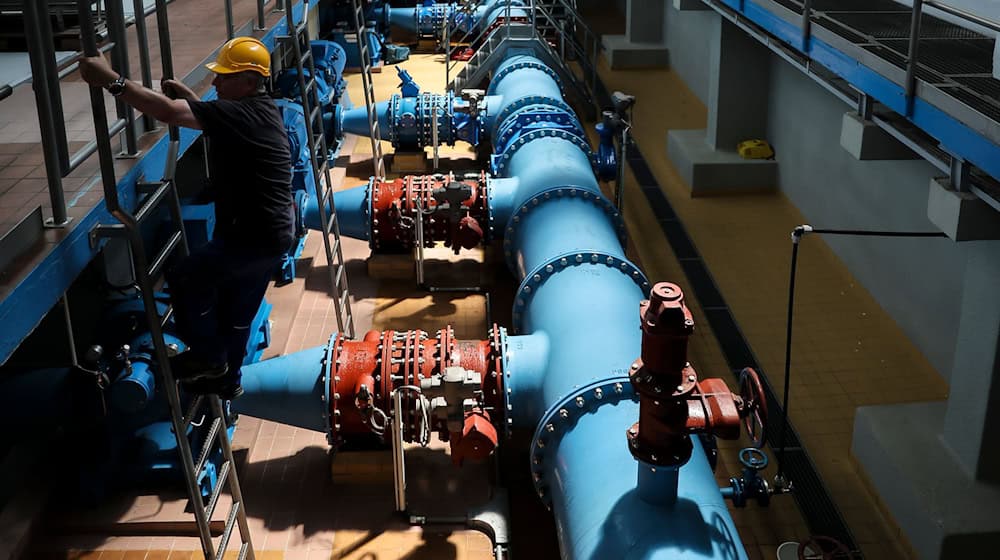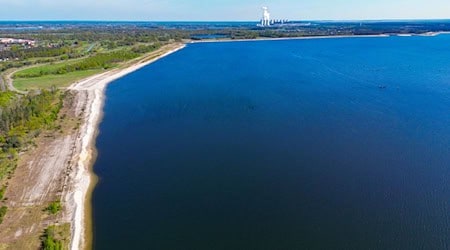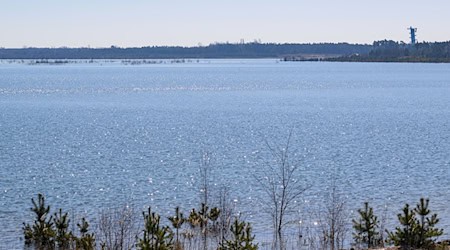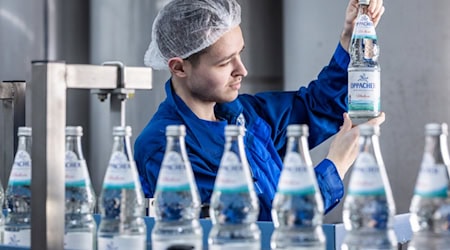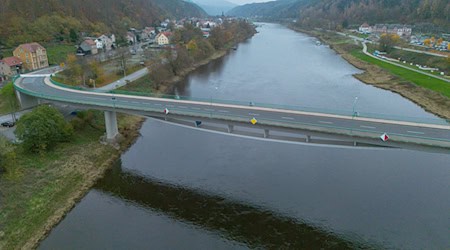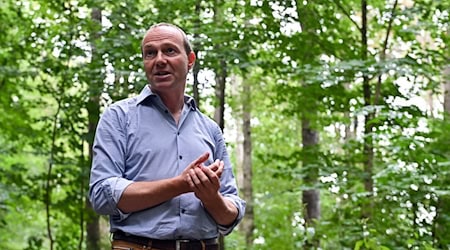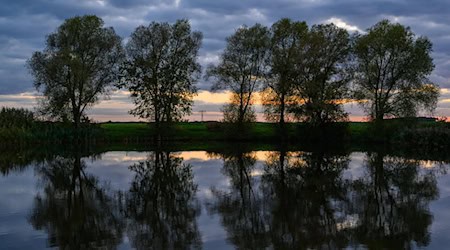Saxony wants to future-proof its water supply and is therefore increasing funding. "We need a water supply that is stable, even in the face of the climate crisis," explained State Secretary for the Environment Gisela Reetz after the cabinet meeting in Dresden. For this reason, in future, the utilities will be supported on their way to a climate-adapted water industry.
No longer a guarantee that water is available in sufficient quantity and quality
Until now, it was assumed that water was continuously available, said Reetz. This is why the focus in recent decades has been on improving water quality. In the meantime, however, it can no longer be assumed that water is available in sufficient quantity and quality at all times. "We see the challenge for local authorities."
Safe water supply is becoming a location factor
"Water treatment and distribution is becoming increasingly demanding," emphasized the State Secretary. At the same time, the impact of the climate crisis is difficult to predict and varies greatly from region to region. This is particularly noticeable in rural regions. A safe, affordable and efficient supply of drinking and process water for the population and the economy is becoming an increasingly complex task, and a secure water supply is increasingly becoming a location factor.
Funding is now being provided for investments in regional and supra-regional interconnected solutions between supply systems - for example between reservoirs. Reetz recalled that in 2020, the water level in the Cranzahl reservoir had dropped so low due to the drought that drinking water had to be transferred to the reservoir from surrounding wells and other sources.
The expansion of water supply facilities, investments to safeguard water quality and emergency and crisis preparedness measures are also eligible for funding. Water quality could also deteriorate as a result of climate change, it said. The funding is intended for local authorities or special-purpose associations, not for private individuals. The funding comes from the levy for water extraction. According to Reetz, there are currently around 30 to 40 million euros in the funding pot.
Copyright 2024, dpa (www.dpa.de). All rights reserved

